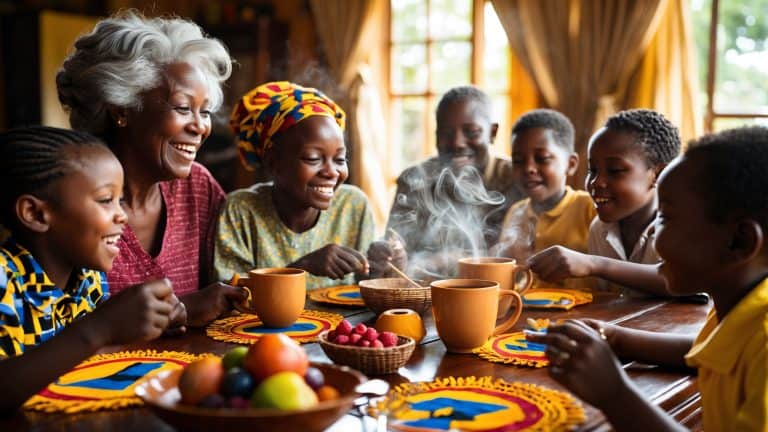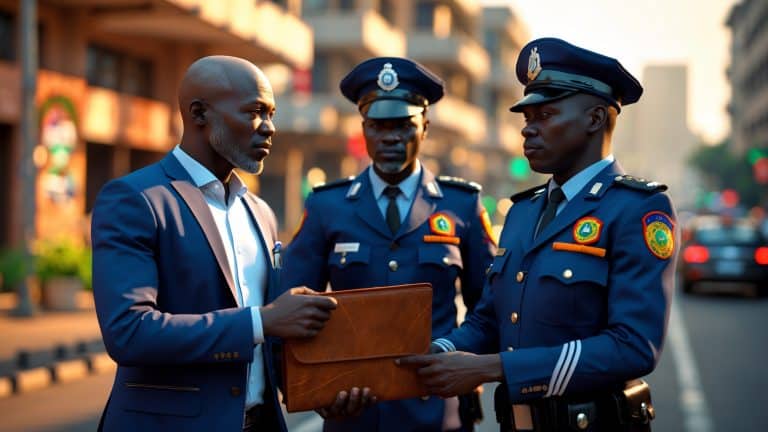This is a premium article written by one of our experts.
Check out

Understanding Milo in Ghana: A Warm Dive into Tea Culture and Local Customs for the Diaspora
In Ghana, a simple request for tea is likely to bring you not a black or green brew but a steaming cup of Milo. This malted chocolate drink holds a cherished place in Ghanaian households, where its name has surpassed its original branding to become a robust cultural shorthand for any warm breakfast beverage.

Expat Guide to Ghana Police: Legal Rights & Key Procedures
Interacting with law enforcement in a foreign country can feel daunting, especially when navigating unfamiliar legal systems and cultural norms. For expatriates living in Ghana, understanding your rights and obligations under Ghanaian law is essential not only to protect yourself but also to avoid unnecessary complications.

Making Friends in Ghana: Building Trust and Authentic Connections
This is a premium article written by one of our experts. Upgrade to Navigator or Pathfinder read the full article

Living in Ghana: Managing Power Outages and Adjusting to Life Without Instant Services
This is a premium article written by one of our experts. Upgrade to Navigator or Pathfinder read the full article

Dumsor Solutions for Restaurants: Cost-Effective Power Backup Strategies in Ghana
This is a premium article written by one of our experts. Upgrade to Navigator or Pathfinder read the full article
To Holiday or Not to Holiday: Navigating the Holidays Abroad in Ghana
This is a premium article written by one of our experts. Upgrade to Navigator or Pathfinder read the full article